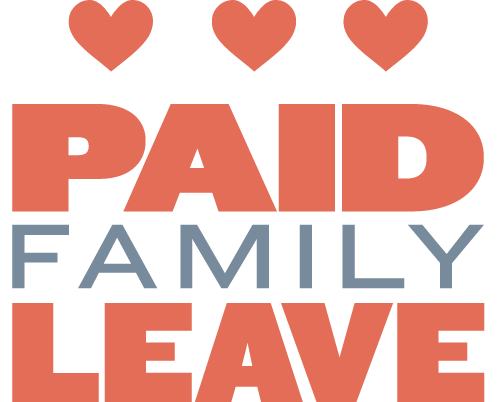DC’s paid family and medical leave program, adopted last year, is based on a proven model used in other states, with many strong features: a transparent system for workers, minimal administrative burden on employers, and low overhead costs. Yet before it even has a chance to get off the ground, the DC Council will consider several bills to “repeal and replace” the adopted program with alternatives that would undermine all of these strengths. The new bills would make it less likely that workers will get to take time off with a new baby or ill relative, create more burdens and risks for many businesses, and have higher administrative costs. They should be rejected.

The Universal Paid Leave Act (UPLA), passed by the DC Council last year, guarantees DC workers paid time off when they need to be with a new baby, care for a sick relative, or address their own health concerns. UPLA is both worker friendly and business conscious. Like other paid leave benefits across the country, UPLA uses a tested and successful “social insurance” model like Social Security. Private-sector employers will pay a fixed payroll tax into a government-run fund, which then pays benefits when workers experience a qualifying event. The DC government will be responsible for processing claims and paying benefits.
This structure has several benefits:
- It offers a predictable tax to employers.
- It has low administrative costs and places virtually no administrative burden on employers.
- It uses a neutral third-party arbiter to decide whether a claim for benefits should be approved.
Notably, this new program is expected to increase employee morale and reduce turnover, and will not have any noticeable effect on DC’s strong economy, according to a thorough analysis by the DC Council Budget Office.
The alternative repeal-and-replace bills would undermine these strengths. Most focus on an “employer mandate,” where employers provide the benefit directly rather than through a public fund. Yet this structure would make it more difficult for many employees to use their benefits and more difficult for many employers to manage.
- Repeal and Replace would be bad for workers: An employer mandate gives employers a financial incentive to limit claims. Low-wage workers, in particular, would be vulnerable to pressure from some employers not to use leave. An employer mandate also increases the likelihood of discrimination against some workers, especially women of child-bearing age.
- Repeal and Replace would be bad for many businesses: An employer mandate model places the responsibility for managing claims and benefits on employers, rather than on DC government, which would be difficult for small and mid-sized businesses. Also, making employers pay directly would create unpredictable costs and financial risks. For example, if a worker making $500 a week takes six weeks of leave, an employer paying directly would pay $2,700. Under UPLA, the employer would pay just $161 a year into the insurance pool to provide the same benefit.
For all of these reasons, UPLA’s current structure makes the most sense for workers, businesses, and the broader DC economy.
You can read our full analysis of UPLA and the alternative “repeal and replace” bills here.
To print a copy of today’s blog, click here.
